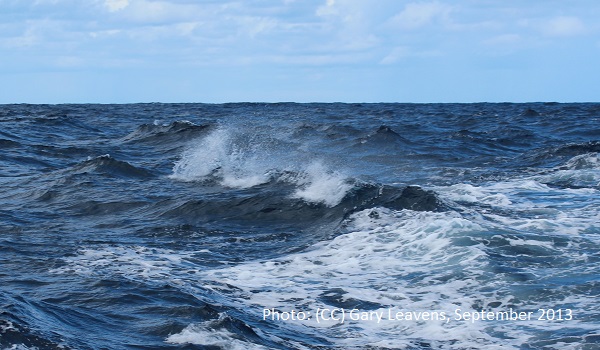Two more lives have been confirmed lost as deceased bodies were found aboard boats rescued on 4 January and 10 January, bringing the death toll of people trying to reach the Canary Islands to six in 2021 so far. Just over 2,000 people have been transferred from the Canary Islands to the Spanish mainland by the Ministry of Migration in 2020, but arrivals stood at more than 23,000 and police is restricting departure for people stuck.
Two children, five women and 82 adult men were aboard a dinghy located by the Spanish coast guard rescue vessel Salvamar Alpheratz south of Tenerife on 10 January and escorted to the port of Los Cristianos. One of the men was confirmed to have died during the journey. Another dead body was discovered on a boat carrying around 30 people of North African descent including four children, that was rescued South of Gran Canaria on 4 January by the Spanish coast guard. Further, on the same day a Maritime rescue helicopter located a boat in distress south of Maspalomas with an unknown number of people on-board, reportedly rescue authorities were trying to assist under harsh weather conditions.
2,035 people were referred from the Canary Islands to the Spanish mainland by the Ministry of Migration in 2020, 70% of them between September and December. However, the total number of arrivals last year was more than 23,000 and the national police have ordered police reinforcements and stepped up security checks at airports and transit points at the Canary Islands and Spanish mainland. According to local media in an attempt to prevent people stuck on the islands from departing on their own following critique of the government from the conservative and far-right opposition parties, but officially as a measure related to the COVID-19 pandemic. Reportedly, the national police have opened a disciplinary case against the inspector responsible for the border post of Federico García Lorca Granada-Jaén Airport, in Chauchina, to determine responsibility of failure to identify North African passengers onboard a flight arriving on 14 December from the Canary Islands.
For further information:
- ECRE, Atlantic Route: Deadly Incidents and Concern over Conditions for Children, January 2021
- ECRE, Atlantic Route: Pier of Shame Dismantled after Ombudsman Denounces Human Rights Violations, December 2020
- ECRE, Atlantic Route: Containment, Return, Deterrence – Spain’s Response to Increased Sea Arrivals, November 2020
- ECRE, Atlantic Route: Alarm over Inadequate Reception as Arrivals to the Canary Islands Continue to Increase, November 2020
- ECRE, Atlantic Route: Arrivals Continue, Miserable Conditions at Arguineguín Pier, Ombudsman Investigating Lack of Legal Assistance, November 2020
- ECRE, Atlantic Route: People Face Death at Sea and Miserable Conditions upon Arrival in the Canary Islands, High Prosecutor’s Office Prohibits Separation of Children, October 2020
- ECRE, Atlantic Route: Arrivals in Canary Islands Continue to Rise, more than 1,000 People Cramped at Arguineguín Pier, Children Separated from their Parents for Months in Order to Prove Kinship, October 2020
- ECRE, Spain: Exponential Increase in Arrivals in the Canary Islands, Capacity Stretched, Intense Rescue Activity in Spanish Waters, October 2020
- ECRE, Spain: Surge in Arrivals via the Atlantic Route, Devastating Conditions in Melilla Continue, People Rescued South of Granada, September 2020
- AIDA, AIDA 2019 update: Spain*, April 2020
- ECRE, Op-ed: Cooperation with Morocco in the EU’s African Border – a laboratory of externalization, January 2018
Photo: (CC) Gary Leavens, September 2013
This article appeared in the ECRE Weekly Bulletin. You can subscribe to the Weekly Bulletin here.

